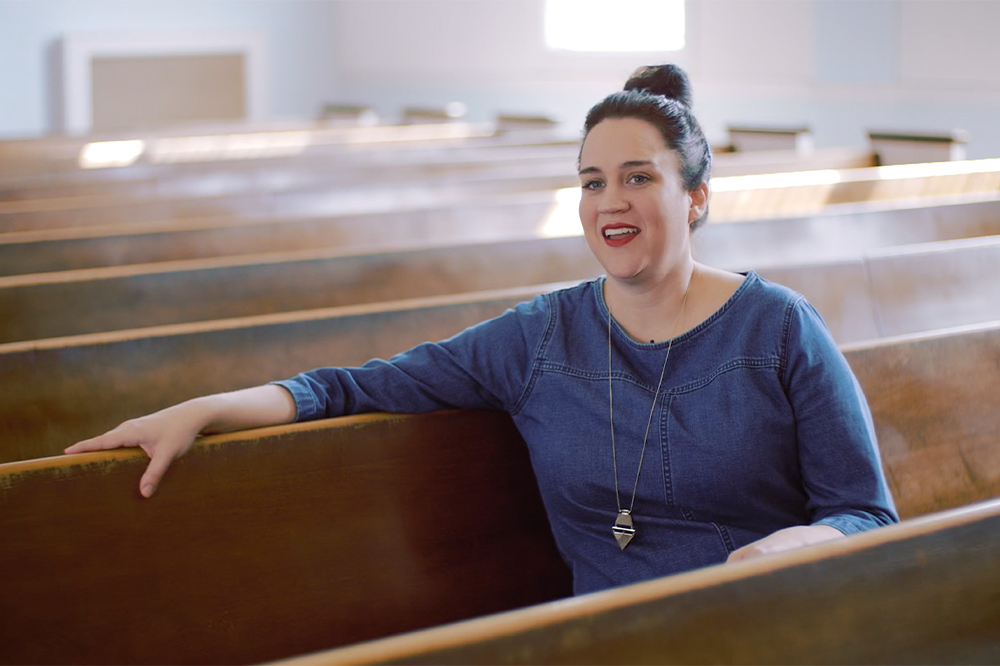Evangelicals are a vibrant and diverse group, including believers found in many churches, denominations and nations.
Our community brings together Reformed, Holiness, Anabaptist, Pentecostal, Charismatic and other traditions. As noted in the statement “Evangelicals — Shared Faith in Broad Diversity,” our core theological convictions provide unity in the midst of our diversity. The NAE Statement of Faith offers a standard for these evangelical convictions.
Historian David Bebbington also provides a helpful summary of evangelical distinctives, identifying four primary characteristics of evangelicalism:
Conversionism
the belief that lives need to be transformed through a “born-again” experience and a life long process of following Jesus
Biblicism
a high regard for and obedience to the Bible as the ultimate authority
Activism
the expression and demonstration of the gospel in missionary and social reform efforts
Crucicentrism
a stress on the sacrifice of Jesus Christ on the cross as making possible the redemption of humanity
These distinctives and theological convictions define us — not political, social or cultural trends. In fact, many evangelicals rarely use the term “evangelical” to describe themselves, focusing simply on the core convictions of the triune God, the Bible, faith, Jesus, salvation, evangelism and discipleship.
Defining Evangelicals in Research
Evangelicals are a common subject of research, but often the outcomes of that research vary due to differences in the methods used to identify evangelicals. In response to that challenge, the NAE and LifeWay Research developed a tool to provide a consistent standard for identification of evangelical belief.
The NAE/LifeWay Research method includes four statements to which respondents must strongly agree to be categorized as evangelical:
- The Bible is the highest authority for what I believe.
- It is very important for me personally to encourage non-Christians to trust Jesus Christ as their Savior.
- Jesus Christ’s death on the cross is the only sacrifice that could remove the penalty of my sin.
- Only those who trust in Jesus Christ alone as their Savior receive God’s free gift of eternal salvation.
Researchers are encouraged to use the method, with proper citation to NAE/LifeWay Research.
Download the Methodology (PDF)For Further Study

“Evangelicals — Shared Faith in Broad Diversity,” National Association of Evangelicals, May 22, 2018.

“Evangelical: What’s in a Name?,” Evangelicals Magazine, National Association of Evangelicals, Winter 2017/18.

Leith Anderson and Ed Stetzer, “Defining Evangelicals in an Election Year,” Christianity Today, March 2, 2016.

Leith Anderson and Ed Stetzer, “Who are Evangelicals & Where are They Headed?,” Today’s Conversation podcast, January 15, 2016.

David W. Bebbington, Evangelicalism in Modern Britain: A History from the 1730s to the 1930s (London: Unwin Hyman, 1989).

Mark A. Noll, The Rise of Evangelicalism: The Age of Edwards, Whitefield, and the Wesleys (Downers Grove, IL: Intervarsity Press, 2003).

Charles J. Scalise, “What Does Fuller Mean by ‘Evangelical’?,” Fuller Theological Seminary, February 1, 2015.

NAE Denominational & Network Diagram
In addition to thousands of churches, schools and nonprofits, the NAE brings together 40 evangelical denominations that seek to collaborate and connect for God’s glory. This NAE Denominational & Network Diagram demonstrates how our denominations & networks are connected by tradition and to one another.
Download the Diagram



